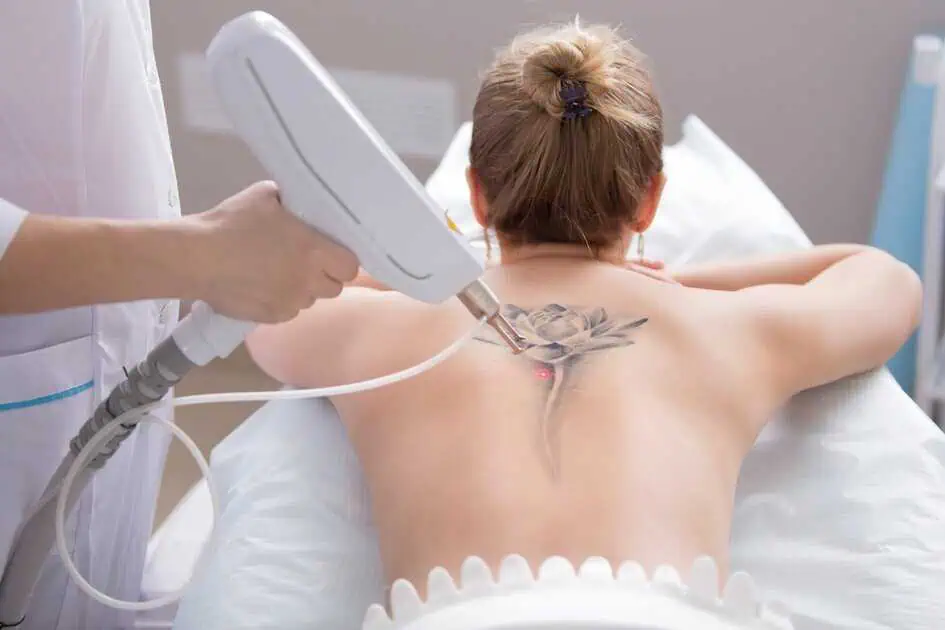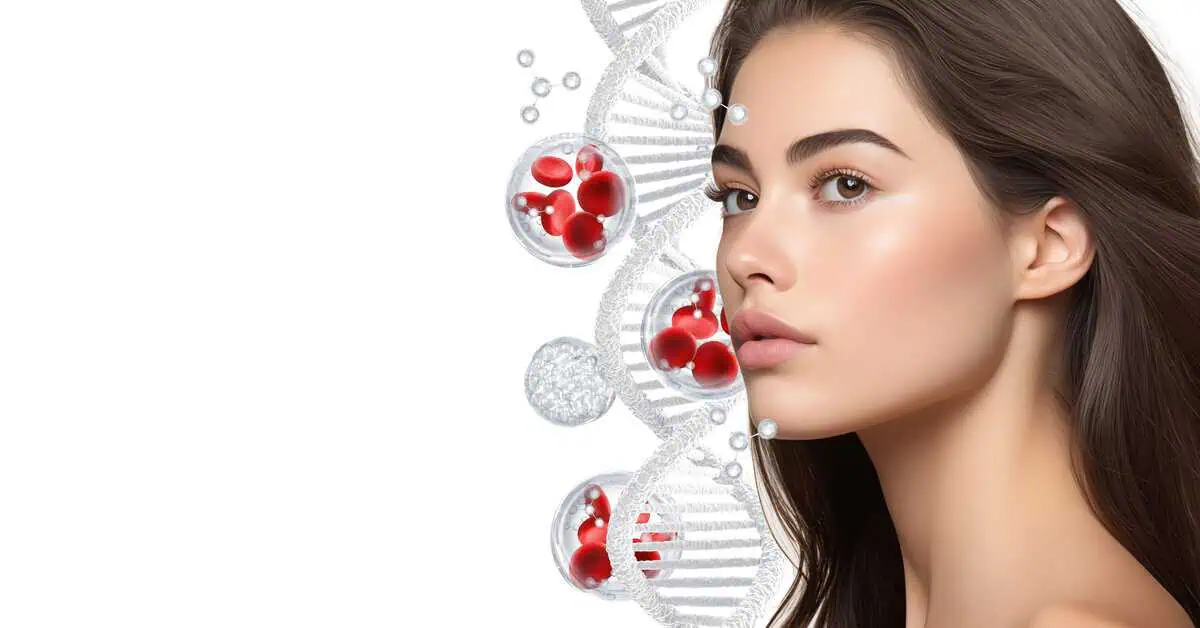Many people get hormone therapy for a lot of reasons. Hormone therapy is a tremendous medical procedure that addresses many issues caused by a noticeable lack of hormones for both men and women. It is not only for those undergoing transition for their gender reassignment, but it also improves the way of life of those who need it the most. However, even though it is a proven safe and effective treatment, many people are still worried about the side effects and complications that hormone therapy has in store for them. That’s why even though doctors have recommended their patients to receive hormone therapy, they’re still on the fence about it.
Let this informative article guide you on everything you need to know about hormone therapy and its side effects that you need to be careful of if any.
Hormone therapy in a nutshell
Hormone therapy is a medical procedure that replaces hormones naturally produced by the body. These hormones are either not being made enough, or their production has stopped altogether. There are many different reasons why hormone production can stop, but aging is the most common. As we get older, our bodies produce fewer and fewer hormones. This can lead to various issues, such as decreased sex drive, muscle loss, increased fat around the midsection, and mood swings.
Hormone therapy is a way to replace these missing hormones and help alleviate these symptoms. The most common forms of hormone therapy involve taking replacement hormones orally, through injections, or through creams or patches that you apply to your skin.
What is hormone therapy used for?
Hormone therapy is often used to treat a wide range of medical conditions and diseases, which include:
- Replacing hormones produced by the body due to menopause or perimenopause. This can alleviate hot flashes and night sweats, headaches, mood swings, vaginal dryness, and heart palpitations.
- Replacing hormones that are not being produced enough because you are suffering from hypogonadism or low testosterone.
This can help with issues such as:
- blood sugar issues
- muscle loss
- bone demineralization (brittle bones)
- weight gain around the midsection
- fatigue
- depression
- low libido or sexual appetite
- erectile dysfunction (ED)
- diminished mental clarity
- memory loss
It also helps in replacing testosterone if you are transgender or gender non-conforming. This can help with issues such as:
- voice deepening
- hair growth on the face and body
- changes in skin texture
- breast development
- shrinkage of the penis and testicles
What are the side effects ?
The side effects of hormone therapy vary depending on what type of hormones you are taking, how much you are taking, and how long you take them. However, some of the most common side effects include:
- Headaches
- Nausea
- Vomiting
- Diarrhea
- Stomach cramps
- Weight gain
- Bloating
- Water retention
- Fatigue
- Mood swings
- Anxiety
- Depression
- Reduced sex drive
- Hot flashes
- Night sweats
- Incontinence
- Bone loss
- Joint pain
- Acne
- increased risk of blood clots
- Carpal tunnel syndrome
The side effects of hormone therapy are usually mild and go away once your body gets used to the new hormones. However, some side effects can be quite severe and require immediate medical attention. These include:
- Sudden chest pain or shortness of breath could be a sign of a heart attack. Seek emergency medical help immediately if you experience this.
- Vision changes – If you experience sudden vision changes, such as blurriness, spots, or halos around objects, contact your doctor.
- Severe headache – A sudden severe headache accompanied by nausea and vomiting can be a sign of bleeding in the brain. Seek emergency medical help immediately if you experience this.
- Mood changes are common during hormone replacement therapy, but if these changes are severe or affect your daily life, talk to your doctor about it immediately.
The side effects of hormone therapy will vary based on what type of hormones you are taking, how much you take, and how long you take them. However, most people do not experience most of the side effects listed here, especially if they gradually transition into treatment instead of doing it all at once. If any of these symptoms persist or worsen over time, contact your doctor.
They can run tests to determine if these symptoms are being caused by hormone therapy, another medical condition, or a combination of both. If it is caused by hormone therapy, your doctor may prescribe a different medication with fewer side effects.
In the case of transgender or gender non-conforming individuals who have been taking cross-sex hormones for a long time and wish to stop, this should be done gradually under the supervision of a doctor as sudden withdrawal from hormones can cause health problems such as hot flashes and depression.
Are hormone therapy costs expensive?
This is another point of contention for those who undergo hormone therapy. For those who need to take hormones for medical reasons such as low testosterone, the cost of these medications is covered by insurance.
However, if you are suffering from hypogonadism because you have undergone surgical castration or simply because your body isn’t producing enough androgens (e.g., testosterone), this may not be covered by insurance and can become extremely expensive.
For others who want to undergo hormone therapy purely because they identify with a different gender than their assigned birth, costs can vary. Still, many clinics accept cash payments on an individual basis instead of going through insurance.
Are hormone therapy side effects reversible?
The side effects of hormone therapy vary greatly depending on which hormones you are taking, how much you are taking, and how long you take them. However, the side effects are reversible in most cases and will go away once your body gets used to the new hormones.
Some side effects, such as the increased risk of blood clots or carpal tunnel syndrome, maybe permanent, but these are rare. In the case of transgender or gender non-conforming individuals who have been taking cross-sex hormones for a long time and wish to stop, this should be done gradually under the supervision of a doctor as sudden withdrawal from hormones can cause health problems such as hot flashes and depression.
Final thoughts
Hormone therapy is a tremendous medical procedure that benefits many people, from gender reassignment to addressing lower hormone counts. Having an adequate amount of hormones can give you a much better life, and a noticeable lack of hormones can lead to many issues with your health.
Of course, there are side effects, but you must always coordinate with your doctor because some of the side effects can be severe, and medical attention should be given in those situations. Depending on the purpose of the treatment, it might be covered by your insurance policy. Still, you have to ask your healthcare provider to be sure.
Depending on their needs, Northwest Beauty and Wellness offers hormone therapy sessions to their patients. If you are a complete newbie, they will be more than willing to assist you with your concerns, and you are definitely in good hands with their doctors. Aside from that, they also offer several cosmetic treatments and other procedures that help you look more gorgeous than ever from head to toe.





